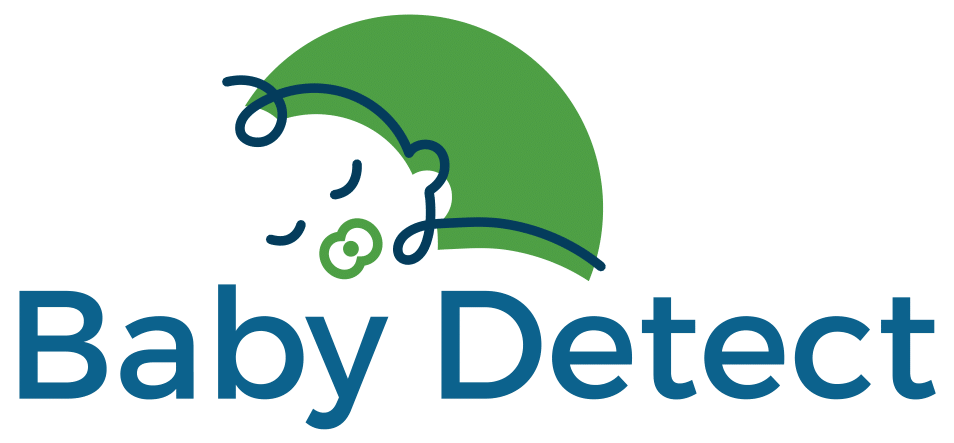AVPR2 and AQP2 genes
Also known as: X-linked nephrogenic diabetes; diabetes insipidus nephrogenic type 1 and type 2
Includes:
– Hereditary nephrogenic diabetes insipidus, X-linked – OMIM#304800 https://omim.org/entry/304800
– Hereditary nephrogenic diabetes insipidus, autosomal – OMIM#125800 https://omim.org/entry/125800
1. The Disease:
Hereditary nephrogenic diabetes insipidus (NDI) is characterized by inability to concentrate the urine, which results in polyuria (excessive urine production) and polydipsia (excessive thirst).
2. The Symptoms:
Affected untreated infants usually have poor feeding and failure to thrive, and rapid onset of severe dehydration with illness, hot environment, or the withholding of water. Short stature and secondary dilatation of the ureters and bladder from the high urine volume is common in untreated individuals. Lack of early signs or symptoms does not exclude the diagnosis.
- Polyuria (excessive urine production); polydipsia (excessive drinking) and family history of NDI. In the first few months after birth, polyuria and polydipsia may not be immediately noticed; infants with NDI usually present with poor feeding, failure to thrive, and irritability.
3. Actions to take in case of early diagnosis
- Male babies with a positive genetic test (1 hemizygous mutation in the AVPR2 gene – X-linked NDI; 2 different mutations or 1 mutation in homozygous state in the AQP2 gene – recessive NDI or a heterozygous pathogenic variant in AQP2located in the carboxy-terminal region of aquaporin-2, a region important for targeting of the protein – dominant NDI) should continue breastfeeding.
- Female babies with a positive genetic test (2 different mutations or 1 mutation in homozygous state in the AQP2 gene – recessive NDI or a heterozygous pathogenic variant in AQP2 located in the carboxy-terminal region of aquaporin-2, a region important for targeting of the protein – dominant NDI) should continue breastfeeding
- Laboratory findings: increased serum sodium concentration (>145 mEq/L) in the presence of a low urine specific gravity and in the absence of excessive sodium intake; failure to concentrate the urine normally in the presence of high plasma arginine vasopressin (AVP) concentration and after parenteral administration of desmopressin (DDAVP®) is diagnostic of NDI.
- The diagnosis is based on genetic and laboratorial results, familial history and clinical signs.
- NDI is a lifelong condition that requires lifetime management and regular follow-up with a nephrology specialist and a multidisciplinary approach to care, including paediatrics, nutrition and genetics.
- Free access to drinking water and to toilet facilities; reduction of polyuria (and thus polydipsia) up to 50% without inducing hypernatremia by use of a thiazide diuretic (e.g., hydrochlorothiazide, chlorothiazide) often used in combination with either amiloride (a potassium-sparing diuretic) or indomethacin; dietary restriction of sodium;
- In individuals with dehydration or shock, establish whether the deficit is primarily in free water (through water deprivation or excessive urine, stool, or sweat) or in extracellular fluid (bleeding, fluid extravasation) to avoid inappropriate treatment of dehydration with normal saline (0.9% NaCl);
- Individuals with NDI must have intravenous replacement of their usual oral intake of water as 5% dextrose in water.
- Reduction of urine production by drug therapy and voiding at two-hour intervals may prevent or reduce serious renal, ureteral, or bladder dilatation.
- Hereditary NDI is most commonly inherited in an X-linked manner (~90% of individuals). Hereditary NDI can also be inherited in an autosomal recessive manner (~9% of individuals) or in an autosomal dominant manner (~1% of individuals). The risk of recurrence in siblings of an affected individual depend on which type of disease. Genetic counselling is highly recommended for family planning and evaluation of at-risk family members such as siblings, especially in X-linked cases.
4. For more information:
Orphanet:
- https://www.orpha.net/consor/cgi-bin/Disease_Search.php?lng=EN&data_id=3726&Disease_Disease_Search_diseaseGroup=AVPR2&Disease_Disease_Search_diseaseType=Gen&Disease(s)/group%20of%20diseases=Nephrogenic-diabetes-insipidus&title=Nephrogenic%20diabetes%20insipidus&search=Disease_Search_Simple
- https://www.ncbi.nlm.nih.gov/books/NBK1177/
